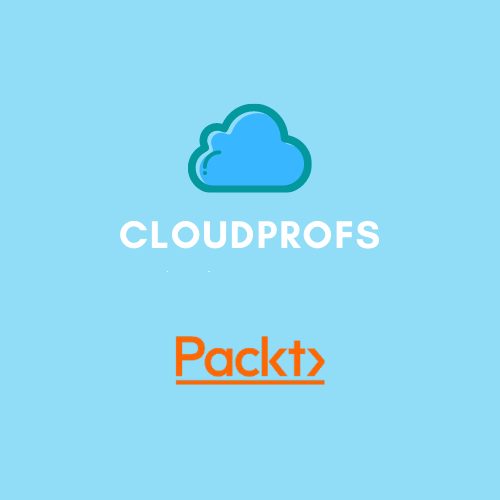Amazon Web Services has announced new initiatives aimed at ‘empowering learners’, from new courses to an in-person skills center.
AWS Skills Center is billed as Amazon’s ‘first dedicated, in-person cloud learning space’. The first location is Seattle, with more planned in the US and globally. The center will include free in-person classes, as well as ‘interactive exhibits’ on real-world applications of cloud computing. AWS Skill Builder, meanwhile, enables learners to access more than 500 free, on-demand courses. This comes alongside a research report commissioned by AWS, which found that 85% of workers believe they need more technical knowledge to do their jobs, as a result of disruption caused by Covid-19. AWS previously said in December 2020 that it would aim to provide free cloud computing skills training to 29 million people by 2025. Source.
Microsoft has announced the launch of a new exam which will be required for budding Azure Solutions Architect experts.
The AZ-305, currently in beta, is aimed at providing skills in designing cloud and hybrid solutions that run on Microsoft Azure, including compute, network, storage, monitoring and security. AZ-303 and AZ-304 will be retiring on March 31 2022, with the first 300 people who take the exam getting 80% off the market price. Microsoft is, in its words, ‘reimagining’ the Azure Solutions Architect Expert curriculum, focusing on more of a multifaceted experience ‘including the ability to both implement and design for the cloud – from start to finish.’ Source.
CloudStack 4.16 has been released this week, promising Kubernetes enhancements and integrations with LINBIT and Dell PowerFlex.
The improvements to CloudStack Kubernetes Services (CKS), which first shipped in 4.14, the major headline. Kubernetes autoscaling is now supported for CloudStack, meaning K8s will be able to scale up a cluster if pods cannot be scheduled, and then scale it back down. The base template for Kubernetes clusters in CloudStack has also been unified with the existing System VM Template, removing the dependency on CoreOS. Plugins have also been added for Dell PowerFlex, previously known as ScaleIO, and Linstor storage. 4.16 is designated as a long term release (LTS). You can read the documentation for a comprehensive list of enhancements.
MayaData, the arbiter and developer of the OpenEBS container storage technology, has been acquired by DataCore, a vendor of software-defined storage.
The move had been foreseen; at the start of last year, the DataCore container team moved to MayaData, with board seats promised, as well as technology licensing and funding. According to the CNCF 2020 Survey, OpenEBS was declared the top cloud-native storage software used in production, with more than 600,000 pulls per week according to latest figures. DataCore is framing the acquisition as a change for MayaData to have greater technical resources to reach a wider community of enterprises. Source.

